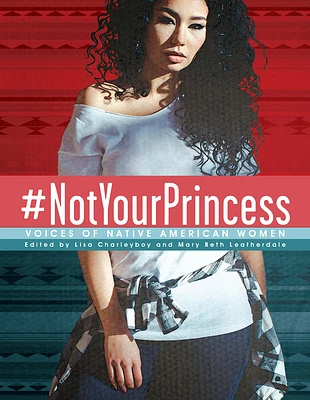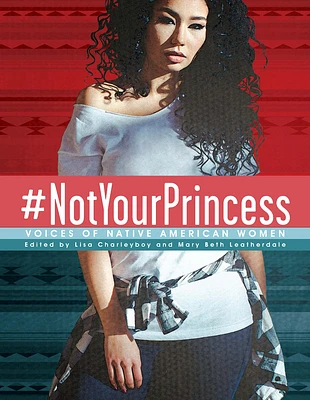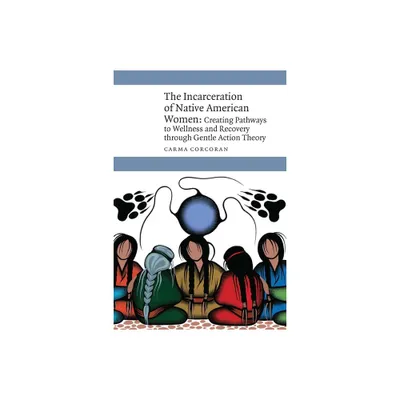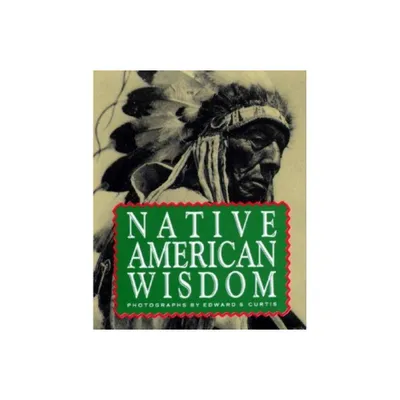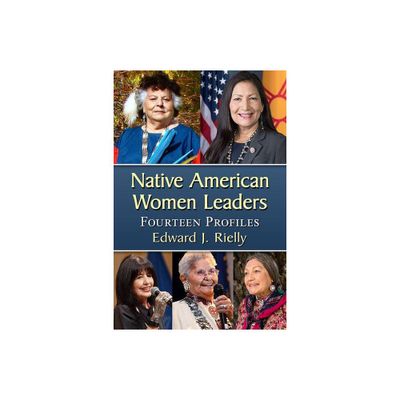Home
Make a Beautiful Way: The Wisdom of Native American Women
Loading Inventory...
Barnes and Noble
Make a Beautiful Way: The Wisdom of Native American Women
Current price: $14.95


Barnes and Noble
Make a Beautiful Way: The Wisdom of Native American Women
Current price: $14.95
Loading Inventory...
Size: OS
*Product Information may vary - to confirm product availability, pricing, and additional information please contact Barnes and Noble
Make a Beautiful Way is nothing less than a new way of looking at history-or more correctly, the reestablishment of a very old way. For too long, Euro-American discourse styles, emphasizing elite male privilege and conceptual linearity, have drowned out democratic and woman-centered Native approaches. Even when myopic western linearity is understood to be at work, analysis of Native American history, society, and culture has still been consistently placed in male custody. The recovery of women's traditions is the overarching theme in this collection of essays that helps reframe Native issues as properly gendered.
Paula Gunn Allen looks at Indian lifeways through the many stitches of Indian clothes and the many steps of their powwow fancy dances. Lee Maracle calls for reconstitution of traditional social structures, based on Native American ways of knowing. Kay Givens McGowan identifies the exact sites where female power was weakened through the imposition of European culture, so that we might more effectively strengthen precisely those sites. Finally, Barbara Alice Mann examines how communication between Natives who have federal recognition and those who do not, as well as between Natives east and west of the Mississippi, became dysfunctional, and outlines how to reestablish good relations for the benefit of all.
Barbara Alice Mann is a lecturer in the English department at the University of Toledo and the author of George Washington's War on Native America.
Winona LaDuke is a Native American activist and the author of Recovering the Sacred: The Power of Naming and Claiming.
Paula Gunn Allen looks at Indian lifeways through the many stitches of Indian clothes and the many steps of their powwow fancy dances. Lee Maracle calls for reconstitution of traditional social structures, based on Native American ways of knowing. Kay Givens McGowan identifies the exact sites where female power was weakened through the imposition of European culture, so that we might more effectively strengthen precisely those sites. Finally, Barbara Alice Mann examines how communication between Natives who have federal recognition and those who do not, as well as between Natives east and west of the Mississippi, became dysfunctional, and outlines how to reestablish good relations for the benefit of all.
Barbara Alice Mann is a lecturer in the English department at the University of Toledo and the author of George Washington's War on Native America.
Winona LaDuke is a Native American activist and the author of Recovering the Sacred: The Power of Naming and Claiming.

